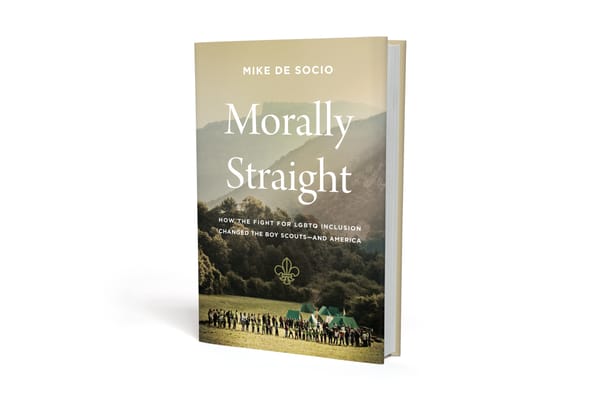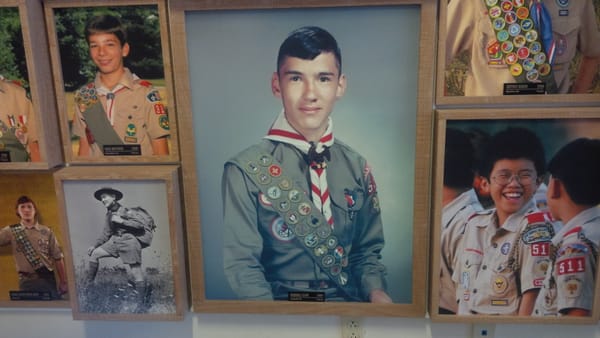It's okay to not be okay
Talk to a friend. Find a therapist. But don't go it alone.

It probably comes as no surprise that the year I finally tried therapy was 2020. To be honest, I never thought I would “need” therapy. But over the years I started to notice more and more friends seek mental health help, and really get a lot out of it.
Then, 2020 happened. The stress, uncertainty and exhaustion of last year was overwhelming, even for me as someone with lots of privilege and financial security. So I started seeing a counselor a few times a month.
We talked about a little bit of everything: General pandemic anxiety; my evolving queer identity and experience; and lots of politics as the election neared.
At first, I didn’t really know what I was supposed to be getting out of it. I was not stretched out on a chaise lounge, and my therapist did not ask, “But how did that make you feel?” as we’ve come to expect. Instead, we were two faces on opposite sides of a computer screen, listening to each other and trying to make sense of our world.
It turned out that being heard was extremely powerful in its own right. My therapist would ask some guiding questions, but it was very open-ended. The space to simply share my concerns and struggles without fear or judgement set my mind at ease in a lot of ways.
The reason I bring this up, in this newsletter, is because I don’t think we talk enough about mental health, especially in Scouting. Sure, our Scout Oath implores us to be “mentally awake,” and the personal fitness merit badge makes reference to being “mentally healthy.” But in my experience at least, no one really talked about it.
And certainly now more than ever, maintaining our mental health can be extremely challenging. We’ve been stripped of our physical communities and our gathering spaces. Some of us have been sent into financial precarity due to economic shutdowns. We’ve watched as Black, Asian and other marginalized Americans have been senselessly killed. And we’ve gritted our teeth as LGBTQ+ rights continue to be threatened.
So let me say this: It’s okay to not be okay. At any time, but especially right now. I’ve found therapy to be helpful, but I know therapists are impossible to find and hard to afford. If you’re struggling, I would encourage you to also lean on your Scouting community. Because the friends I’ve made in Scouting, especially my queer family, have been an incredible resource, too. Talk to them. Be vulnerable with someone you trust. Be heard.
I’m not saying this will solve everything for you. Certainly mental health is about more than just talking to your friends. But it would be a shame if you felt like you had to go through this alone. We may be physically separated from our communities right now, but our communities are still there for us.
If you are feeling suicidal, thinking about hurting yourself, or are concerned that someone you know may be in danger of hurting himself or herself, call the National Suicide Prevention Lifeline at 1-800-273-TALK(8255) or the Suicide Hotline: 1-800-SUICIDE (1-800-784-2433), both of which are staffed by certified crisis response professionals, or call 911.
If you identify as LGBTQ+ and are looking for help, resources or community, check out the It Gets Better project.


